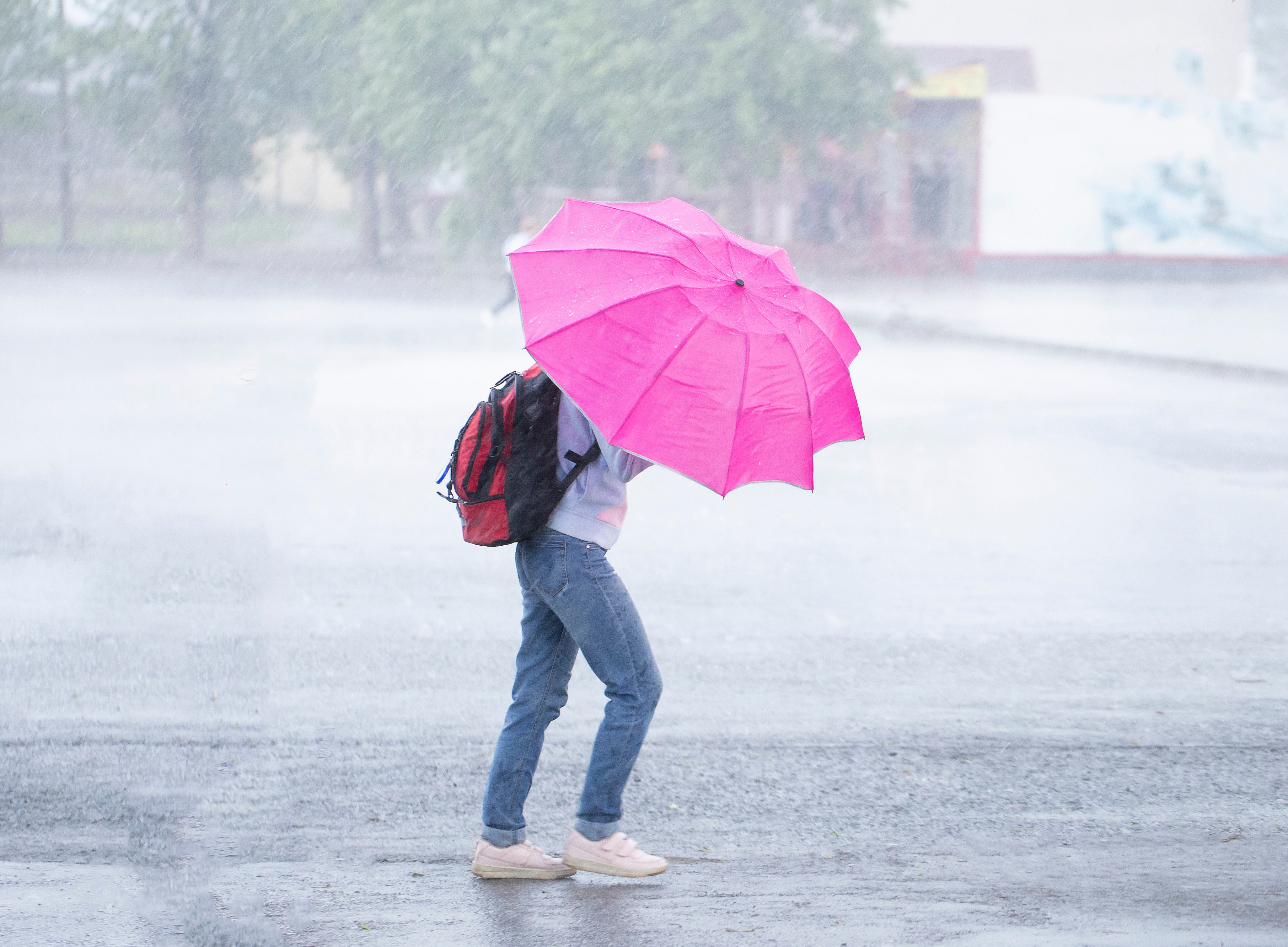Many events and studies in recent years have suggested an increase in heavy rainfall and the associated flooding. However, reliable evaluations of extreme amounts of rain within a short period of time, for example hourly rainfall, have been hampered by measurement uncertainties and limitations in data availability. A study by GeoSphere Austria, the Vienna University of Technology, the Federal Ministry of Agriculture, Forestry, Regions and Water Management, and the University of Graz now shows for the first time with robust measurement data that short-term heavy rainfall events have increased significantly in recent decades and that the figures also correspond to the increase in flood events.
In the study published in the journal Nature, data from two independent Austrian monitoring networks (GeoSphere Austria and the Hydrographic Service) with a total of 883 stations were analysed for the period from 1900 to 2023.
Climate change brings more heavy rain
Data from 1950 onwards was used to analyse hourly rainfall, as no usable hourly data is available from before that time. "From 1950 to 1980, the hourly values of heavy rainfall show no trend. In the 40 years from 1980 to the present, heavy rainfall increased by around 15 per cent," says Klaus Haslinger of GeoSphere Austria, lead author of the study. "To put it more precisely: an average heavy rainfall event in the period 2003 to 2023 brought 15 per cent more water than an average heavy rainfall event in the period 1950 to 1970."
The results are similar for all regions of Austria and are consistent with studies from other European countries, as well as India, Australia and the USA. "This shows that global warming is primarily responsible for the increase in hourly heavy rainfall," says climate researcher Haslinger, "according to a physical law defined by the Clausius-Clapeyron equation, for every degree of warming, air can absorb around seven percent more water vapour. Over the last 40 years, Austria has experienced a warming of around two degrees, which thus corresponds almost exactly to the 15 per cent increase in heavy rainfall measured at the stations."
North-south differences in rainy days
The very different development of heavy precipitation over the course of a day between the north and south of Austria is striking. A significantly greater long-term fluctuation (over decades) in the north compared to the south very clearly indicates different weather conditions that cause these extreme events. This is consistent with the experiences in the south of Austria, where low-pressure weather systems from the Adriatic region are particularly relevant for precipitation and westerly weather systems often only reach northern Styria.
“The smaller fluctuation of the percentage changes in southern Austria and thus also in Styria should not obscure the fact that in the south, the absolute values of heavy precipitation are already very high and thus make this region a hotspot for heavy precipitation and thunderstorms in Austria,” says climate researcher Wolfgang Schöner from the University of Graz. The study's surprising finding is that, on an hourly basis and at a small-scale level, heavy precipitation is developing very uniformly throughout Austria and is driven by temperature change rather than weather conditions.
Floods
Another focus of the study was on changes in flood events. This area was mainly worked on by the team from the Vienna University of Technology. In summary, it can be said that the changes in daily amounts of heavy rain correlate well with changes in flood events with large catchment areas. The increase in hourly amounts of heavy rain correlates with the increase in small-scale flood events (+24 per cent in the last 40 years).
The data and results of the study are also being incorporated directly into the recently launched research project "Water in a Changing Climate – Our Water Management 2050+", a collaboration between the TU Vienna, the Federal Ministry of Agriculture, Regions and Water Management (BML), GeoSphere Austria and the University of Graz.
Publication details
Increasing hourly heavy rainfall in Austria reflected in flood changes. Klaus Haslinger, Korbinian Breinl, Lovrenc Pavlin, Georg Pistotnik, Miriam Bertola, Marc Olefs, Marion Greilinger, Wolfgang Schöner & Günter Blöschl Nature 12.05.2025
Note
If you want to learn how the actions of our society affect nature, climate and our livelihoods, you can study Environmental Systems Science at the University of Graz.
